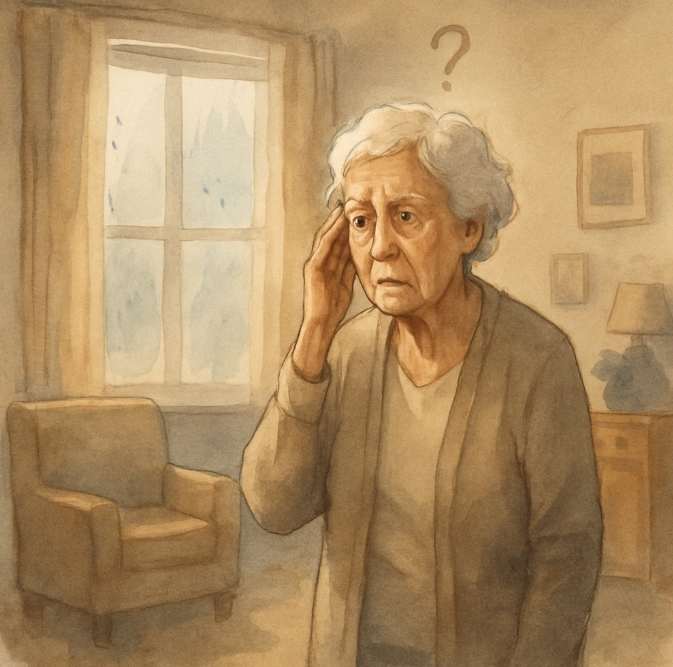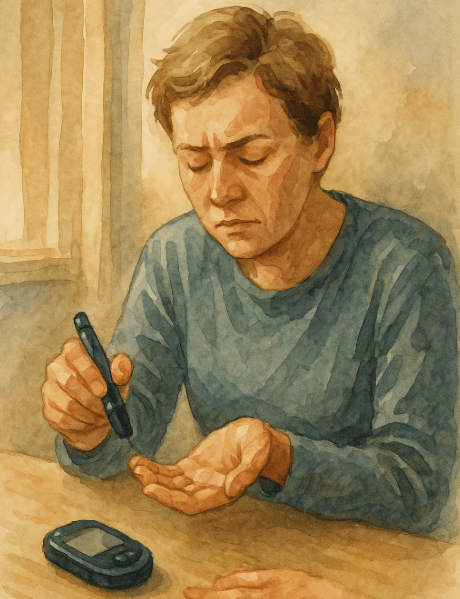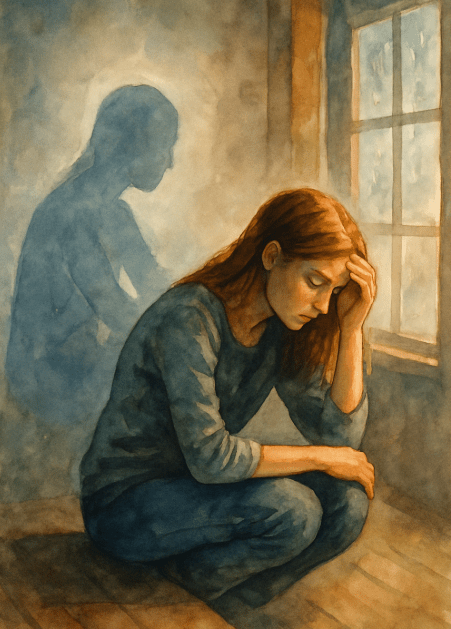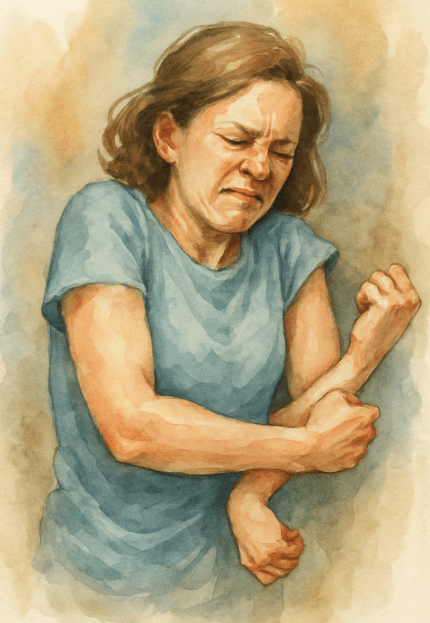When the Conditions Start With D: Diagnoses That Shift the Ground Beneath Us
Some conditions don’t just affect the body—they fracture routine, identity, and even hope.The grief in these diagnoses isn’t always immediate.
Sometimes it creeps in slowly—like diabetes rewriting the rules of daily life. Or dementia, stealing familiarity from a loved one’s face. Or depression, where the sorrow isn’t caused by loss, but is the loss.
This isn’t just information. It’s recognition.
Of the slow unraveling. Of the inner battles no one else sees.
Of what it means to keep showing up anyway.

"See It. Name It. Stand Against It."

Grief and Depression: When the Sadness Doesn’t End
Depression isn’t just being sad—it’s the absence of joy, the fog that doesn’t lift, the slow erosion of self. And it carries grief even without a funeral.
🔹 See the Story. Understand the Condition →
Grief and Dementia: When Familiarity Becomes a Stranger
Dementia doesn’t just affect memory—it reshapes identity, disconnects generations, and forces caregivers to grieve someone who still smiles but no longer knows their name.
🔹 See the Story. Understand the Condition →
Grief and Diabetes: When Life Becomes a Daily Calculation
Diabetes isn’t just about blood sugar. It’s about routines, risks, and feeling like your body betrayed you. Every meal, every decision carries weight. And that gets heavy.
🔹 See the Story. Understand the Condition →
Grief and Dissociative Disorders: When You Feel Far from Yourself
Dissociation is grief of the self. A disconnection that isn’t always understood—but is deeply felt. It’s like watching life happen behind a window you can’t touch.
🔹 See the Story. Understand the Condition →
Grief and Dystonia: When Movement Isn’t Yours Anymore
Dystonia twists the body into positions it didn’t choose. The grief lives in unpredictability, in the stares, in the daily effort to move through a world that isn’t built for you.
🔹 See the Story. Understand the Condition →
